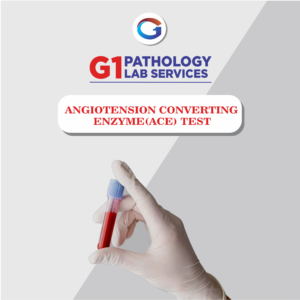Prostate-Specific Antigen or PSA is a protein secreted by the prostate gland which serves as a marker for conditions affecting the prostate gland including prostate cancer, Benign Prostatic Hyperplasia (BPH), and prostatitis (inflammation of the prostate gland). The PSA test helps determine the levels of a prostate-specific antigen in the blood. It is used to screen for prostate cancer and benign prostatic hyperplasia. Prostate-specific antigen (PSA) is a substance produced by the prostate in males. The prostate is a small gland in the male reproductive system. It secretes a fluid that forms part of the semen. The levels of PSA in the blood are often elevated due to prostate cancer in men. The PSA test was approved in 1986 by the US Food and Drug Administration (FDA) to monitor the prognosis of prostate cancer in men who had been diagnosed with the condition. In 1994, the use of the PSA test was approved in conjunction with a digital rectal exam (DRE) to diagnose prostate cancer in asymptomatic men. A PSA test along with a DRE helps doctors diagnose the medical condition. The PSA test detects prostate cancer, prostate infection (prostatitis) and benign prostate enlargement. Although prostatitis and prostate enlargement are benign conditions, there is no evidence that states that men with these conditions will not develop prostate cancer. Studies show that PSA ranges are lower in Indians as compared to the Western population. The PSA test is not a very accurate test as it can give you false-positive results due to the following reasons: If you have had sex in the last 48 hours If you have masturbated in the last 48 hours If you have had a rectal exam If you have had a urinary catheter inserted If you have had anal sex in the last 48 hours Every 3 in 4 men with a raised PSA level will not develop prostate cancer. The PSA test may also miss out on about 15% of cancers. Advantages of the PSA test: You can relax if your PSA test results are normal. You can detect cancer early with this test and get treated on time. Disadvantages of the PSA test: It can give false-positive or false-negative results. The PSA test cannot differentiate between slow-growing cancer and fast-growing cancer.
Shopping Cart







Reviews
There are no reviews yet.